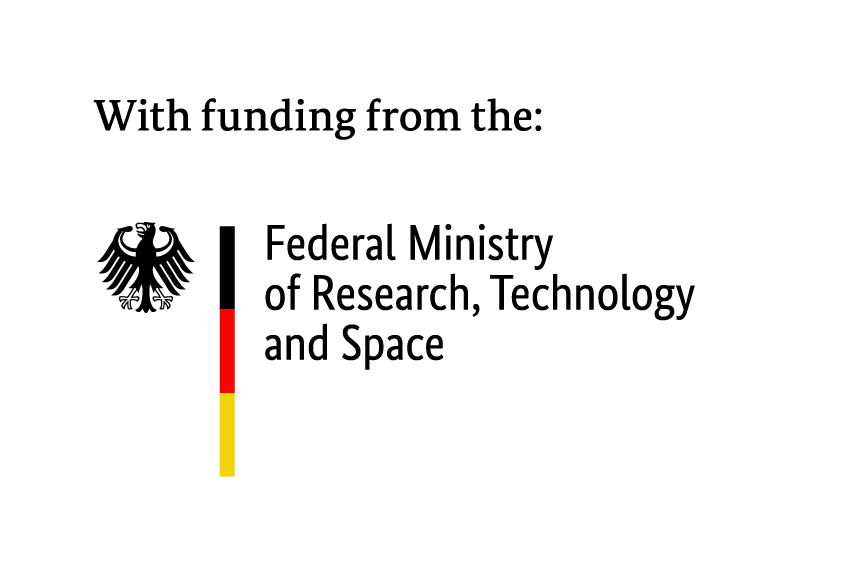Germany is not “on track” to meet its climate targets by 2030 and 2045. To comply with the Climate Protection Act, the framework conditions should be designed in such a way that businesses and society change their actions and investment behaviours in line with the transition to climate neutrality. There is no lack of ideas and measures that could pave the way to climate neutrality, but there is a great deal of uncertainty about which instruments, individually and in combination, will be effective as well as politically enforceable, economically efficient and socially acceptable. In a new Ariadne-Background, researchers from the Hertie School, the RWI Leibniz Institute for Economic Research, MCC Berlin and the DLR Institute for Transport Research developed an assessment framework for climate policy paths, using the example of the automotive sector in Germany. This framework enables a discussion between stakeholders in business, politics and research on alternative paths of action.
Using the Ariadne-Background, the researchers provide foundational work for the assessment of individual climate policy instruments and measures with a focus on climate effectiveness, cost-effectiveness, fiscal burden, distributional effects, political feasibility and governance. An important consideration for the assessment framework is impact over a long time horizon and the dynamic design and adaptive capacity of the policy instruments. From the research perspective, it is advisable to set appropriate climate policy frameworks at different stages, from the emergence of innovative technologies to market penetration, for example.
The researchers evaluate the current development path, concluding that existing measures are unlikely to achieve the climate targets by 2030. They then formulate three further alternative paths focusing on (1) a high and rising CO2 price path for gasoline and diesel, (2) an instrument mix of bonus-malus instruments and a quota for electric vehicle sales, and (3) a mix of both pricing schemes with an initial focus on a bonus-malus system for new cars, followed by a significantly rising CO2 price. Their analysis shows that an initially moderate, and then significantly increasing, CO2 price on emission-intensive fuels with complementary instruments to support the market for e-cars, especially in the short term, is the most promising path toward climate neutrality. It creates short-term economic incentives for consumers’ purchasing decisions and enables additional tax revenues that can be used to finance the charging station infrastructure.
By designing the assessment framework and applying it to the example of the German automotive sector, the Ariadne researchers show that a dynamic design is needed for impact assessments of individual instruments and policy mixes, combining conceptual and empirical work from various academic disciplines with the views of business, society and policy-makers. The concept provides an analytical framework for in-depth analyses of future policy mix pathways in the transformation of other sectors to climate neutrality.
Ariadne Background
Duncan Edmondson, Christian Flachsland, Nils aus dem Moore, Nicolas Koch, Florian Koller, Henri Gruhl, Johannes Brehm, Sebastian Levi (2022): Assessing Climate Policy Instrument Pathways – An Application to the German Light Duty Vehicle Sector. Kopernikus-Projekt Ariadne, Potsdam.


